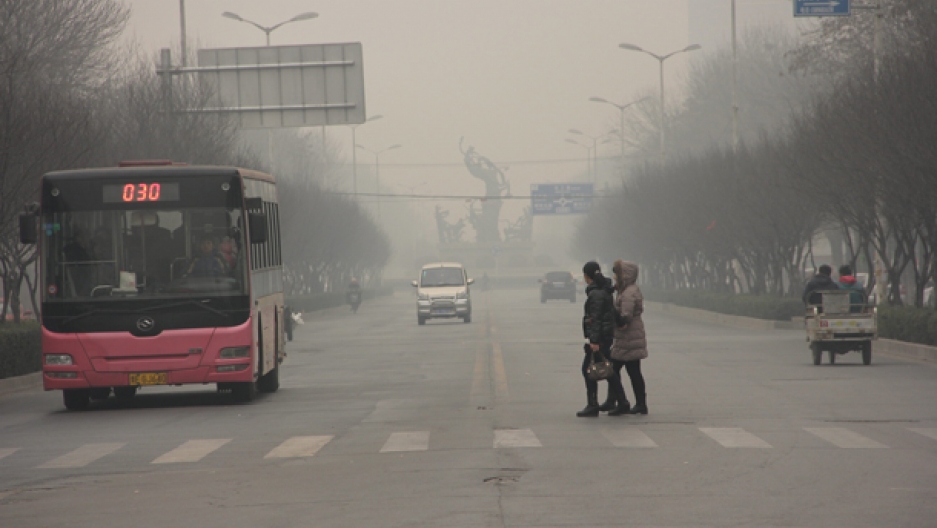
India’s air quality forecasting model may receive global acceptance

The System of Air Quality and Weather Forecasting and Research’s (SAFAR) air quality forecasting framework has received international acceptance.
The framework has been developed under the National Clean Air Programme and is equivalent to the US Environmental Protection Agency, according to experts.
The framework and its findings, made in collaboration with the India Meteorological Department and Utkal University in Odisha, were recently published in the International Environment Modelling and Software of the Elsevier Journal.
The framework was based on air quality inputs gathered from Delhi, Pune, Mumbai and Ahmedabad. Officials at SAFAR, a programme led by scientists at the Pune-based Indian Institute of Tropical Meteorology, confirm that this framework can be easily replicated in at least 132 Indian cities that have a population of more than 10 lakh.
“The prototype can be scaled up to the remaining 128 cities in India as per the commitment to the NCAP,” said Dr Gufran Beig, SAFAR’s founder project director.
SAFAR’s founder project director Dr Gufran Beig said the framework is a one-stop solution for air quality management. It also helps formulate microspecific air action plans based on robust science. “SAFAR’s forecasting model is comparable to the framework by the United States Environmental Protection Agency,” he said.
Air pollutant forecasting is an important part of the air quality early-warning framework reported in this work for Indian megacities of vivid micro-environments. “But the chaotic nature and complexity of air pollution itself make prediction a challenging task, particularly in a city which is highly influenced by meteorology due to its geographical location which is considered in this work,” Dr Beig told The Indian Express.
Now India will no longer need to depend on international air quality forecasting frameworks. In addition, urban local bodies can make use of this framework to issue health and other advisories.

